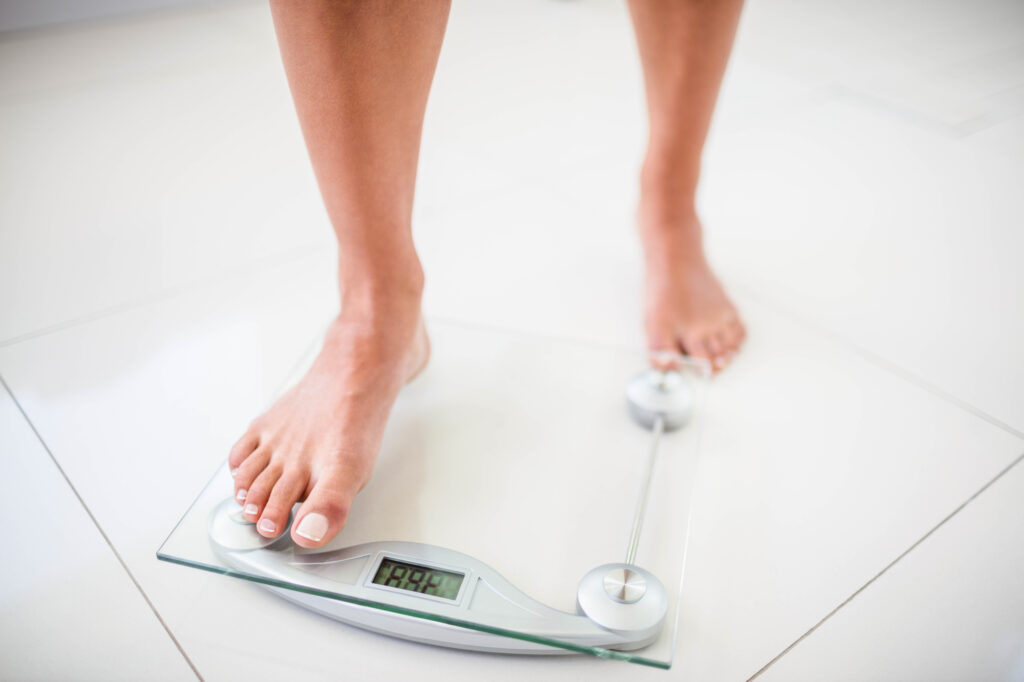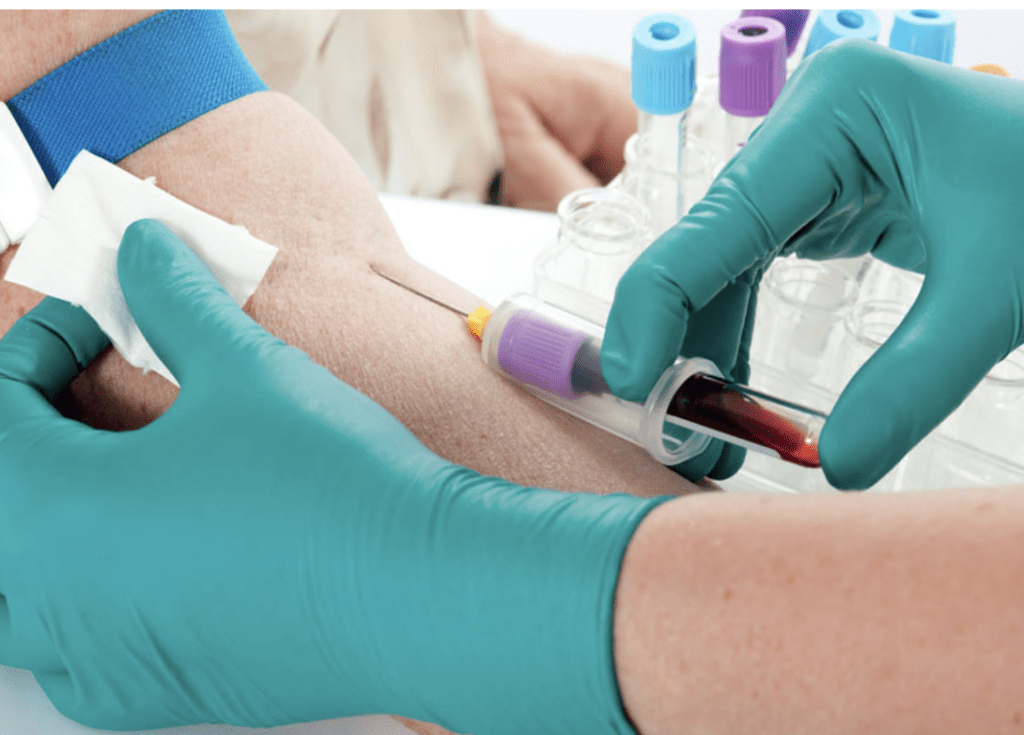Are you struggling to reduce belly fat despite eating well and exercising regularly? You’re not alone.
We know how frustrating it is to eat well and exercise but still struggle to get rid of that stubborn belly fat. The truth is, there could be several reasons why your belly fat won’t budge, even if you’re doing everything right.
Here are 6 possible reasons why you’re having trouble losing belly fat, along with solutions to help you get back on track.
1. It’s Your Hormones
One of the main reasons people struggle to reduce belly fat is due to hormonal changes—especially as we age. For men, declining levels of testosterone can lead to increased fat storage around the stomach. Testosterone helps prevent fat cells from expanding, but as levels drop with age, gaining weight around the midsection becomes easier.
For women, fat is often stored around the hips and thighs during childbearing years. However, after menopause, fat tends to shift to the belly due to changes in estrogen levels.If you want to reduce belly fat effectively, it’s important to address these hidden factors.
Solution: Eat a balanced diet, incorporate resistance training, and be kind to yourself. It’s also important to get your hormone levels checked to see if a hormonal imbalance is affecting your fat loss. request a blood draw appointment.
2. You’re Eating Too Much Sugar, Refined Carbs, and Salt
Even if you’re exercising regularly and controlling your calorie intake, if your calories come from junk foods, losing belly fat can be nearly impossible. Refined carbs, sugars, and high-salt foods can contribute to weight gain, especially around the abdomen.
Solution: Reduce your intake of sugar and refined carbs, and manage your stress levels. Try incorporating a 12-hour fast overnight (e.g., no eating from 7 PM to 7 AM) to give your digestive system a rest. Add more green leafy vegetables to your diet to boost magnesium levels, which can help with stress and blood sugar balance. Click here if you need help managing sugar cravings.
3. You’re Drinking Too Much Alcohol
Alcohol is often overlooked but can be a major contributor to belly fat. Many alcoholic drinks are high in calories—a single drink can contain over 240 calories, equivalent to a slice of pizza. If you’re drinking multiple drinks in one night, the calories can add up quickly.Solution: Simply cut back on alcohol consumption. Reducing alcohol intake can help you manage your calorie intake and make it easier to lose belly fat.
4. You Have a Hormonal Imbalance
Beyond age-related hormone changes, some people may have an underlying hormonal imbalance affecting their ability to lose weight. Conditions like polycystic ovary syndrome (PCOS), characterized by high levels of androgens (male hormones), can cause fat to accumulate around the belly.
Solution: If you suspect a hormonal imbalance, such as PCOS, get your hormones checked. Symptoms of PCOS include excess hair, hair loss, acne, weight gain, and fertility difficulties. schedule a PCOS blood draw appointment.
5. You’re Stressed or Over-Exercising
Cortisol, the body’s stress hormone, directly affects fat storage around the midsection. High levels of stress—whether from work, family, or even excessive exercise—can lead to fat being stored as visceral and subcutaneous fat around the abdomen.
Solution: Manage your stress by reducing stimulants like coffee and incorporating mindfulness, meditation, yoga, or walks into your routine. These activities can help lower cortisol levels and prevent stress-related weight gain.
6. You Have an Underlying Medical Condition
Certain medical conditions, such as Cushing’s syndrome, liver disease, and metabolic syndrome, can contribute to weight gain around the belly. These conditions often involve hormonal imbalances and other factors that make losing fat difficult. Type 2 diabetes and insulin resistance are also linked to carrying excess weight around the midsection.
Solution: If you suspect you have an underlying medical condition, it’s important to focus on managing that condition before focusing on weight loss. Book a wellness assessment to identify and address any health issues before setting fat loss goals. schedule an assessment.
Remember, losing belly fat isn’t just about diet and exercise—it’s about understanding your body and addressing any underlying issues that may be hindering your progress. If you’re ready to tackle the root causes and achieve lasting results, we’re here to help. Click here to schedule a personalized wellness assessment and take the first step toward a healthier you.







